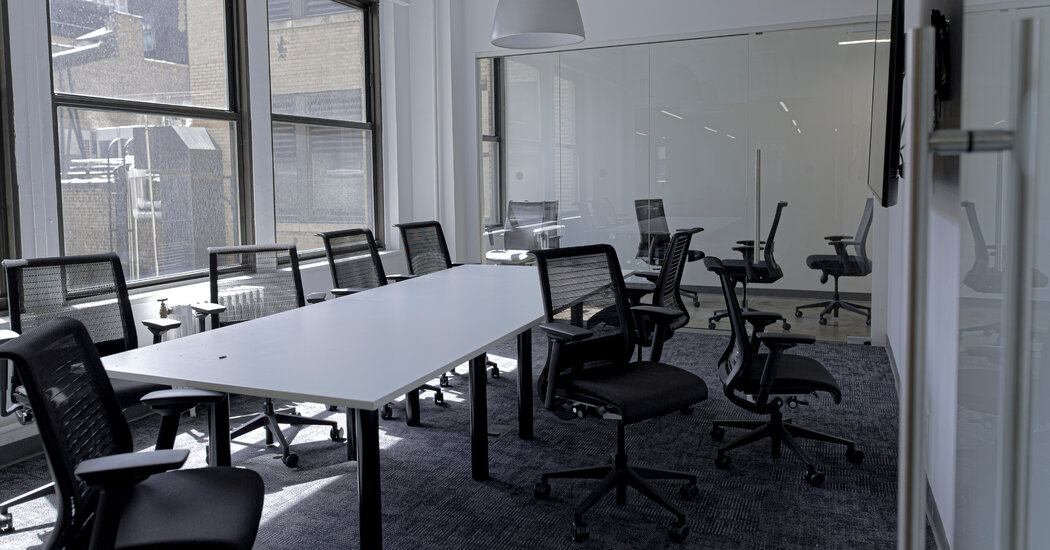- cross-posted to:
- workreform@lemmy.world
- cross-posted to:
- workreform@lemmy.world
This is the real reason for companies wanting people back to the office.
All this talk about collaboration and team spirit is just the publicly given reason for wanting people back to the office.
The real reason is that now the owners of the buildings are losing money.
Cry me a river.



I don’t know anything about being an electrician - commercial or otherwise, so I’m curious to hear your side.
When all those people go to working remote, it’s not like they’re no longer in need of electricity. Presumably their home demand is higher and we might even see people adding new office spaces to adapt their home. Maybe the public grid needs to change to support it? Won’t this mean that there will just be a different type of demand for electricians?
Are there reasons this would be less attractive to electricians? Pay, job security, or something else?
There are many different types of electrical workers. I’m a commercial inside wireman. I’m licensed to install electrical infrastructure and maintain electrical infrastructure in commercial and industrial complexes. I have a wide range of work I can do, but to put it simply I only have a job if: Complexes are being built (I’m doing construction) Complexes are being used (this is mostly industrial since commercial spaces have building engineers that mostly took over our maintaince work).
People working from home eliminate both my outlets of work. Residential electricians make significantly less than I do, and their work is pretty similar but dedicated to homes. But even their work would be cut because if we’re talking office employees making an office at home, there’s not much if anything required of any electrician for someone to set up a computer and a desk in their home. The grid will be using much less power due to drop in facilities.
But it’s not just my job as an electrician. It’s construction in the city as a whole and even the city economy. Because outside of the residential district in cities, people working from home in the suburbs aren’t utilizing the city infrastructure and commercial goods.
Fremont in Seattle has a large presence with many employees. The tech here tries to stay very competitive so Google was providing their employees with beautiful breakfast and lunch amenities. This created such a blow to Fremonts local restaurants that Seattle had to implement a special tax for serving food in your complex. Basically food cannot be free.
This is but one industry being impacted with employees no longer having a presence in the city high rises they’re employed at. Construction slowing or being fully eliminated will remove our presence in the city, majority of tradesmen. Tech will invest less because employees will take care of their own facilities by working from home. Now the economy takes a hit, we don’t have work in the city, restaurants don’t have customers, and the jobs of the office workers are suddenly finding themselves not needed as much either. Now residential high rises in the city are being vacated. The towers are losing employees and residents. The city stagnants. Economy crashes.
Of course this is pretty dramatic, and very generalized. But people working from home effects A LOT including a few steps down, their own careers.